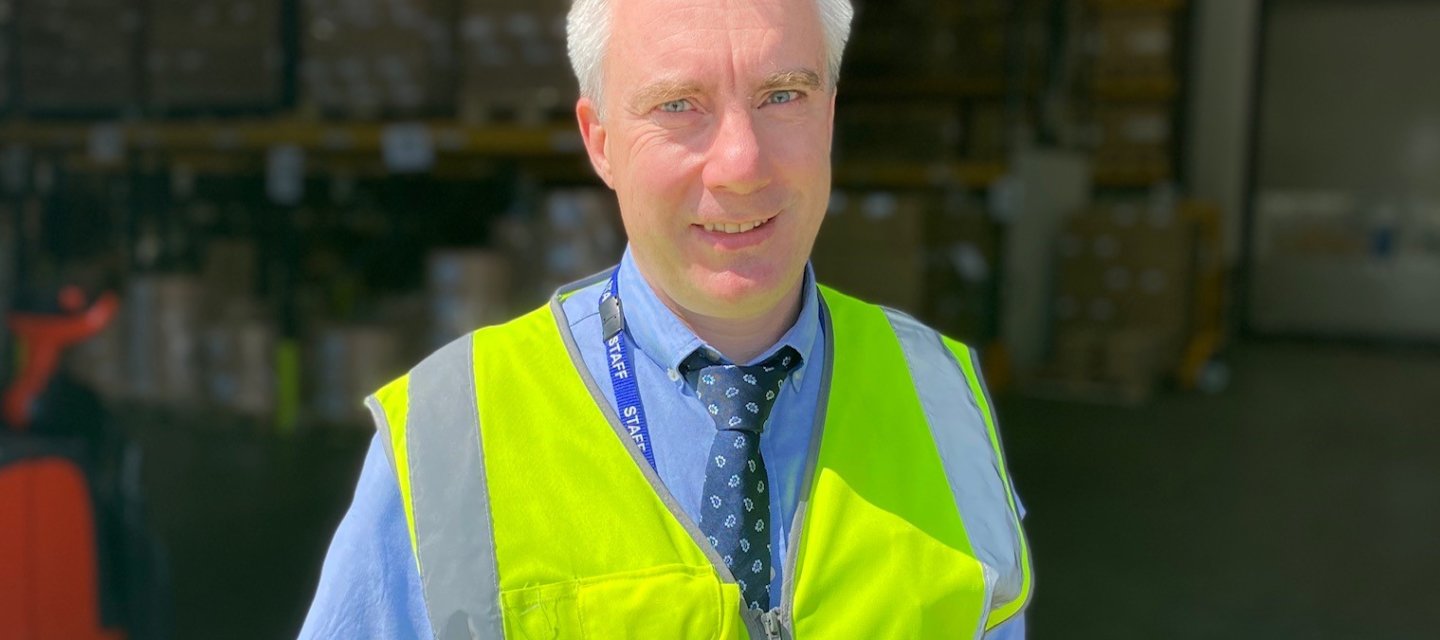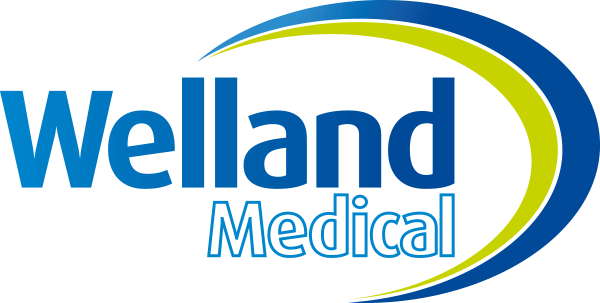
Purchasing in the medical device industry
To believe that purchasing is all about buying things seems like a safe assumption to make. Not so. Yes, there is a transactional element to it, but speaking to Martyn Skinner, Purchasing Manager here at Welland, you quickly realise that the actual ‘buying’ is a very small part of it all.
If you’re going to be good at procurement it’s all about experience and knowledge to build the relationships, manage the risks and research your industry that informs what you buy, how and from whom. It’s a strategic role, especially when you’re part of a company that strives to be innovative. Your decisions can also have far-reaching social and environmental impacts in countries on the other side of the world.
What drew you to the medical device industry?
“I was looking for a new challenge. I started out in traditional engineering manufacturing, then went into a technology start-up. Medical devices appealed because it was a challenge. I wanted to progress in my career and learn more.
“I’ve been at Welland for over a decade now, and I’d definitely make the move again. The processes and materials in the medical devices industry are always developing. I like that. And good ethics are important in this industry. Working to create and maintain an ethical supply chain that considers environmental and social impacts feels good.
“I also love that the end-product helps people.”
How did you get into purchasing?
“I’ve been in manufacturing my whole career. I started at 18 with an apprenticeship. It was a great way to start because I got to see all the areas of manufacturing. It introduced me to purchasing, but I also spent time in engineering, planning and design.
“I was always making things as a kid and was attracted to manufacturing because so many careers seemed to deal in intangible things. Being able to hold a physical product in my hands has always appealed.
“Originally, I thought I’d be a designer, but I discovered I enjoyed and was good at other things, like getting designs into production. So, I spent some time in production engineering, then as we changed the way we planned and organised our materials I got more into the procurement side. I’ve had a 20-year career in it now, and I’m really happy and proud to be working in the field and the industry.”
What personal trait do you think serves you well in your role?
“I’m nosy! I like to ask why. I like to understand other aspects of the business: the R&D, the manufacturing processes, the business strategy. That knowledge is all important when it comes to making good procurement decisions that support the business strategy.”
What does purchasing for a medical device company like Welland involve?
“To be honest, I have a brilliant team who do most of the day-to-day purchasing work and supply chain management. And since Covid-19 appeared most of my time is spent on Teams meetings! No more visiting suppliers.
“My role is quite strategic. It’s about risk, supplier relationships and knowing what’s coming. Our suppliers are all stakeholders in our business success. We need to find the right suppliers for our business needs, ones that support our goals of using innovative technologies to improve our products and who have robust risk mitigation strategies in place.
“Raw materials are a big part of the costs when you’re manufacturing something. It’s seldom about who’s the cheapest supplier, but at the same time we need to be able to be competitive when we sell our products. It’s a balancing act between cost and pricing and risk.
“There are so many other things to consider as part of this. Should you use a single source or multiple sources for a material? What alternative suppliers are out there? How can you protect your sources from your competitors? Is a supplier ethically sound?
“In medical device procurement the fine detail of the materials production process is critical too. If the wrong chemical is used in processing the material it might not meet regulations and could cause issues for the patients using our products.
“Then there’s the information from the R&D or marketing teams to consider: what new materials and new products are coming to market? What could we be needing in the future?
“All the work pays off though. The fact that we’ve had no serious supply chain issues during Covid-19 is testament to all the work we put in mitigating risks and building solid supplier relationships.”
Where should someone start if they’re interested in a career in procurement in medical device manufacturing?
“Start by getting some knowledge of all the different areas of a manufacturing business. Understand the design process, the manufacturing, how the business works. Have that grounding, and then go into procurement. You should always learn the ISO standards and regulations relevant to a certain sector, but that background knowledge is so useful in understanding why.
“In terms of professional qualifications, I’d go for those offered by the Chartered Institute of Procurement and Supply (CIPS). I’ve got my Advanced Diploma, and I’m currently half-way through my CIPS Professional Diploma in Procurement and Supply.
“Then be patient! You’re not going to be good at procurement overnight. There are lots of aspects to it. That’s why you need to have a passion for the profession. You may be good at transactions or managing suppliers or processes. To be good at it all takes time. Keep working at it and you’ll get there.
“You also need patience because sometimes seeing the result of your work can take a long, long time in medical devices. There is so much testing and validation required to bring a new product to market. It is good when it’s done and you can give yourself a quiet pat on the back.”

